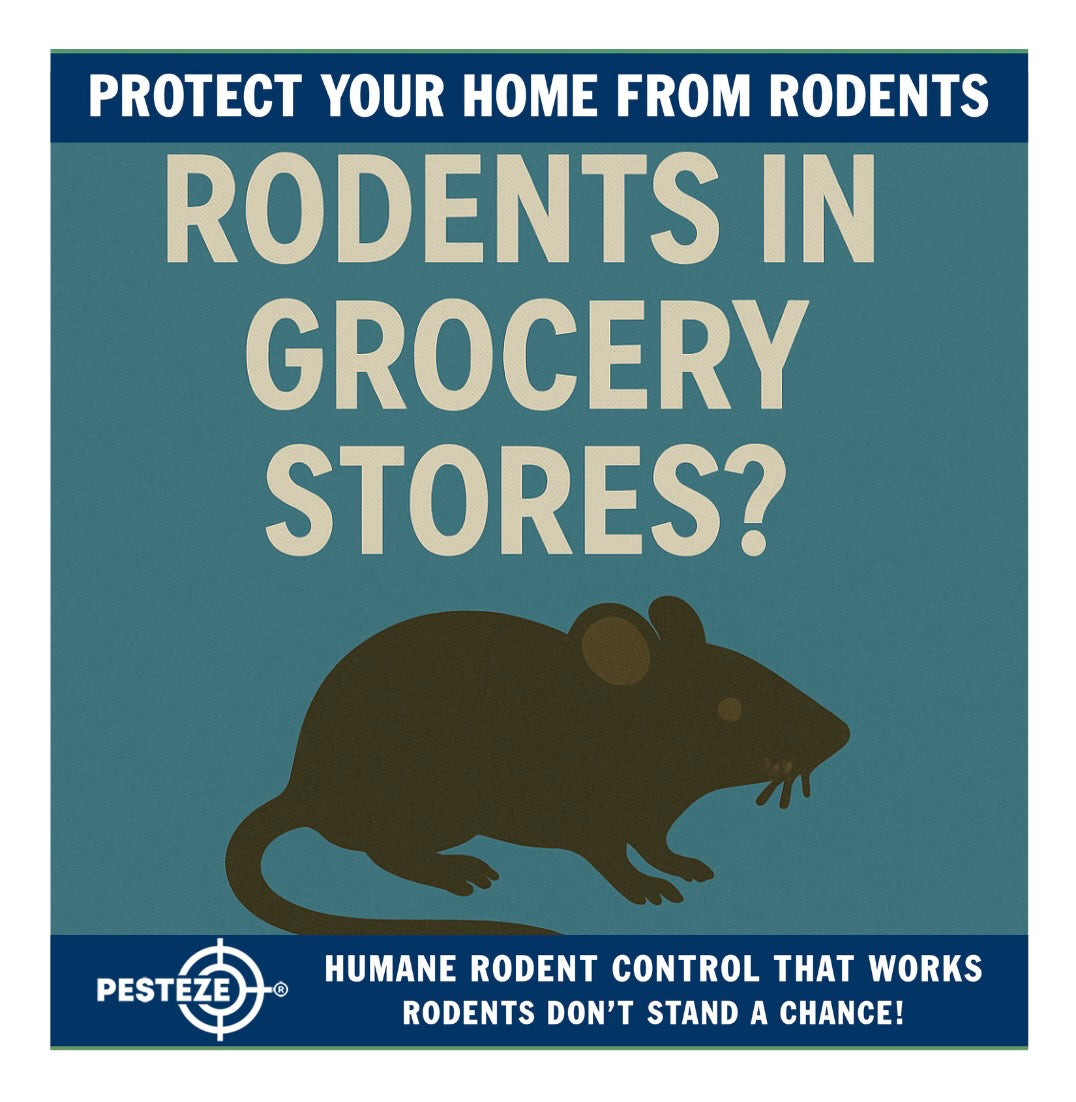RODENTS IN GROCERY STORES? HOW TO MAINTAIN A PEST-FREE ENVIRONMENT

RODENTS IN GROCERY STORES? HOW TO MAINTAIN A PEST-FREE ENVIRONMENT
SUMMARY
Rodents in grocery stores can lead to contamination, health risks, and loss of business. Discover the best methods to prevent rodent infestations and keep your store clean, safe, and pest-free for both employees and customers.
FEATURES
-
Seal Entry Points: Identify and close any gaps, cracks, or holes where rodents can enter.
-
Regular Inspections: Conduct routine inspections of storage areas, shelves, and loading docks to spot early signs of rodents.
-
Proper Waste Management: Ensure trash and food waste are disposed of properly and regularly.
-
Employee Training: Train employees to recognize rodent activity and implement effective reporting procedures.
-
Pest-Proofing Inventory: Store food and supplies in sealed containers to avoid attracting rodents.
- Collaborate with Pest Control Experts: Partner with a licensed pest control service to develop a customized rodent management plan.
DESCRIPTION
Maintaining a rodent-free environment in a grocery store is essential for the health and safety of both customers and employees. Rodents can cause significant damage by contaminating food, spreading diseases, and creating an unpleasant shopping experience. Here are some effective strategies to prevent rodent infestations and maintain a clean, pest-free store.
The first step in rodent prevention is to seal entry points. Rodents can squeeze through the smallest openings, so it’s essential to thoroughly inspect the store’s exterior and interior for gaps, cracks, and holes. Check windows, doors, vents, and utility lines for possible access points and seal them with materials like steel wool or caulking. Doing this will minimize the chance of rodents entering your store in the first place.
Next, it’s crucial to perform regular inspections of the entire store. Storage areas, shelves, and loading docks are common places for rodents to hide, so checking these spots frequently can help spot early signs of an infestation. Look for droppings, chewed wires, gnaw marks, or other telltale signs of rodents. Addressing a problem early on prevents it from escalating into a bigger issue.
Proper waste management is another critical step in keeping rodents away. Food waste, spilled products, and trash should be disposed of promptly and placed in tightly sealed containers. Regularly empty trash bins, clean up food spills quickly, and ensure that dumpsters are kept away from the store to reduce the attraction for rodents.
Employee training plays a key role in rodent control. Ensure that staff members are educated about the signs of rodent activity, such as droppings, chewed packaging, and unpleasant odors. Implement a clear reporting system for employees to notify management of any potential rodent issues. Fast action can prevent the problem from spreading and affecting other areas of the store.
Another important measure is pest-proofing inventory. All food products and supplies should be stored in airtight, rodent-proof containers to prevent contamination and provide an additional layer of protection. Ensure that pallets and boxes are kept off the ground to prevent rodents from nesting in these areas.
Finally, partnering with a professional pest control service is one of the most effective ways to maintain a rodent-free environment. A pest control expert can develop a comprehensive rodent management plan tailored to your store’s specific needs. Regular monitoring, treatments, and inspections will ensure that rodents stay out of your grocery store for good.
By implementing these strategies, your grocery store will not only be protected from rodents but also ensure a clean, safe shopping environment for your customers. Preventing rodent infestations will help protect your reputation and your bottom line.
- Nikita Gulrajani


Comments 0